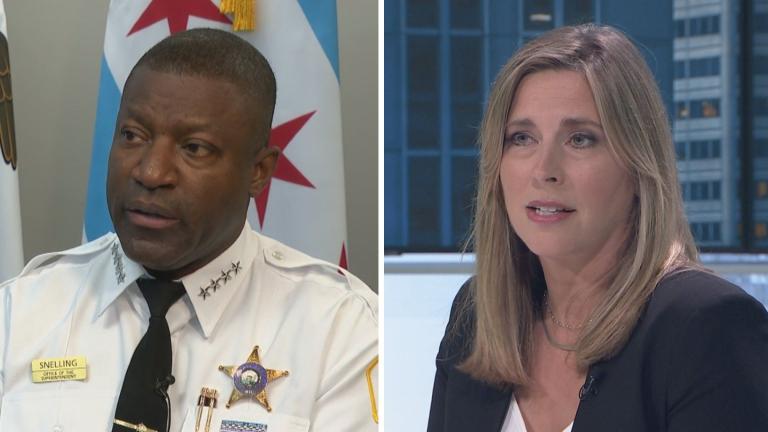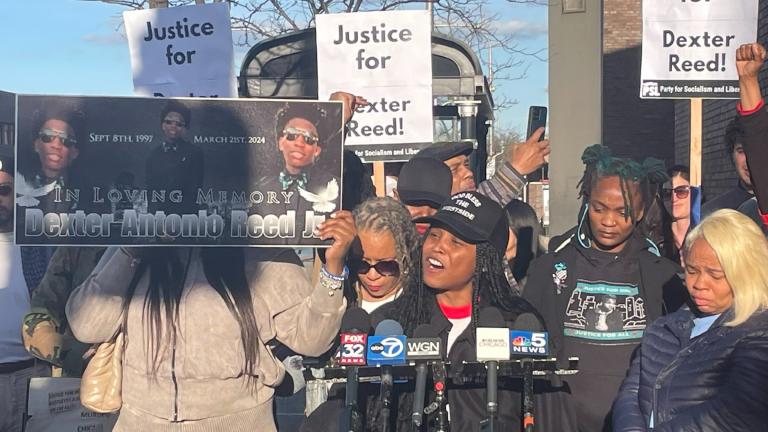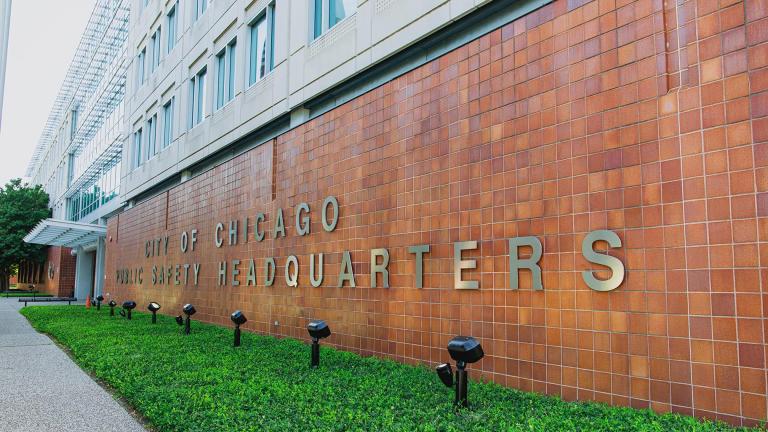Today marks two years since the death of George Floyd at the hands of Minneapolis police.
Floyd was arrested on suspicion of using a counterfeit $20 bill when officer Derek Chauvin put his knee on his neck while Floyd was handcuffed, face down.
His death triggered protests across the country and calls for civilian oversight of law enforcement.
Sharon Fairley is a professor at the University of Chicago Law School. In her latest work “Survey Says: The Development of Civilian Oversight of Law Enforcement Skyrockets in the Wake of George Floyd’s Killing,” Fairley studied new entities of civil oversight of police across 100 of the largest cities across the U.S.
“We’ve seen cities large and small creating and also enhancing civilian oversight powers,” Fairley said. She says that many city governments across the country are creating these entities to play a role in the implementation of new practices, not just to make recommendations.
Chicago is one of the few cities in the country that has multiple entities to oversee the police department. “It’s a very thoughtful approach because they’ve determined that that just using one form of oversight may not be sufficiently effective to drive the systemic change that they want to see happen,” Fairley said.
Fairley points out that for these agencies to be effective, they need to be given the resources to do the work. “Many of these agencies have not been given the resources to actually fulfill the missions that they’ve been given and for example they will develop backlogs of cases and that leads to disappointment on the part of the community.” Fairley says that has been a challenge for cities across the country, not just in Chicago.
Fairley’s study is set to be published in The Southern California Review of Law & Social Justice.








